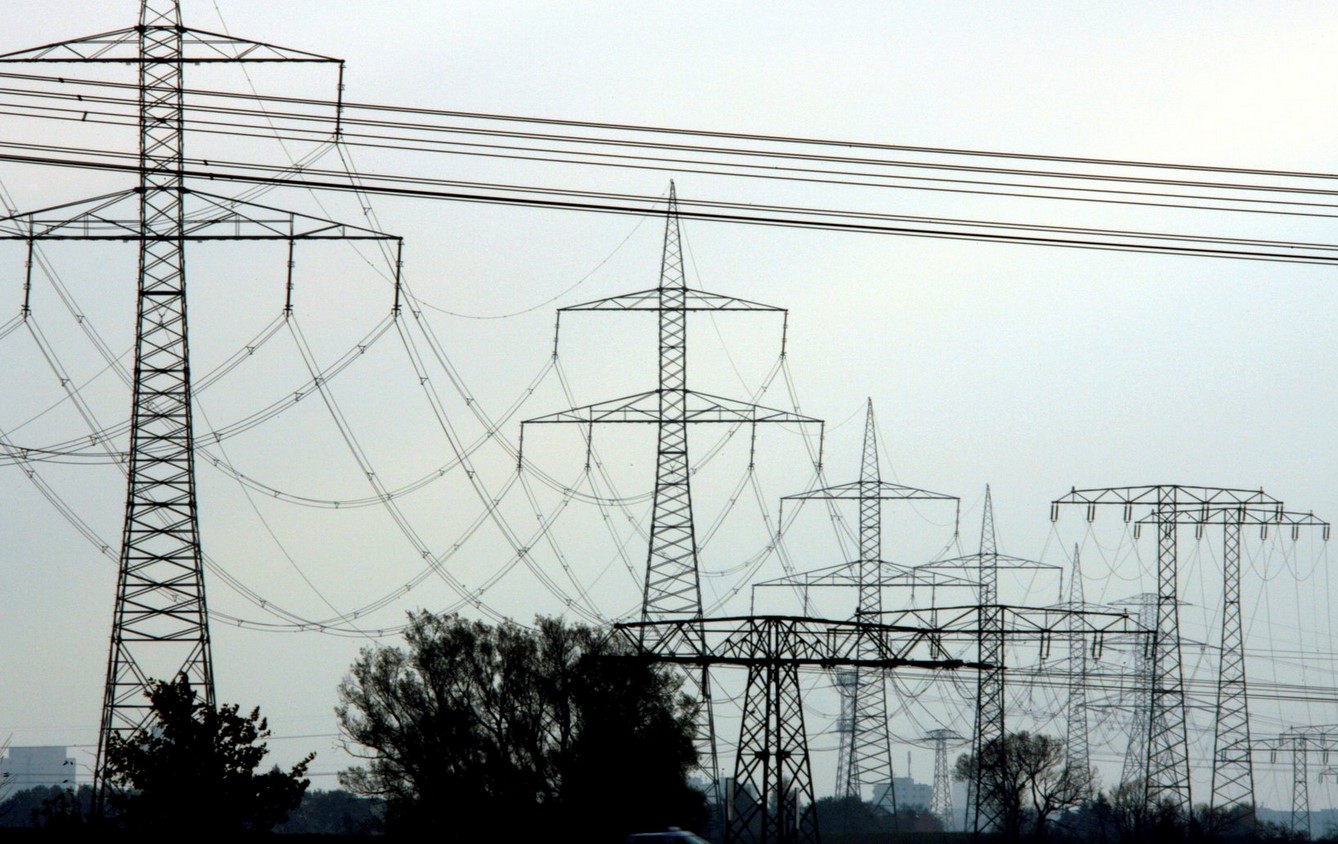The government on Wednesday announced it had extended the electricity subsidy until the end of October, meaning it will have been in place for exactly a year upon its currently set expiry date.
The subsidy will cover residential, commercial and industrial consumers’ bills until October 31. The government estimates that the subsidy’s extension will cost €12 million and will cover 400,000 households and 100,000 businesses.
The subsidy rates are based on consumption, with the most vulnerable customers qualifying for a 100 per cent subsidy on any increases in the basic tariff, while consumption over a bimonthly rate of 800 kilowatt hours (kWh) is not subsidised at all.
The rest of the subsidy is calculated on a sliding scale for residential customers.
For one to 400 kWh consumption, the subsidy rate is up to 85 per cent of the increase in the cost of electricity generation, which is based on the price of oil. For 401 to 600 kWh, the rate is up to 75 per cent; for 601 to 800 kWh, the rate is up to 50 per cent; and for anything above 800 kWh, the rate is zero.
The electricity authority estimates that at present the subsidy will save the average household €22 per bimonthly bill, based on a consumption of 800kWh.
This is lower than the initial saving of €70, which was calculated when the subsidy was introduced last year, but higher than the saving calculated when it was last extended at the end of March.
These discrepancies come about as the subsidy is calculated against the cost of generation and not against the cost to the consumer, meaning that reductions in the price of oil, which is currently cheaper than it was a year ago, which do not necessarily translate into reductions in consumer pricing due to other factors such as rising costs of labour and maintenance, reduce the subsidy’s effective value to the consumer.
Electricity authority (EAC) spokeswoman Christina Papadopoulou told the Cyprus Mail that at present, the price of an average bimonthly household electricity bill will stand at €239, down from an estimated €261 were the subsidy not in place.
In addition to the electricity subsidy, the government announced an extension of the zero VAT on everyday household items, including bread, milk, eggs, baby’s nappies, baby food, vegetables, fish and meat, until the end of September.
The extension of the zeroed VAT is set to cost the government €11m, with Finance Minister Makis Keravnos having said earlier in the year that it has “significant benefits for consumers”.
“The average benefit to consumers from the application of zero VAT on the products covered by the measure amounts to approximately €7.50 on purchases totalling €95, or eight per cent,” he said.






Click here to change your cookie preferences